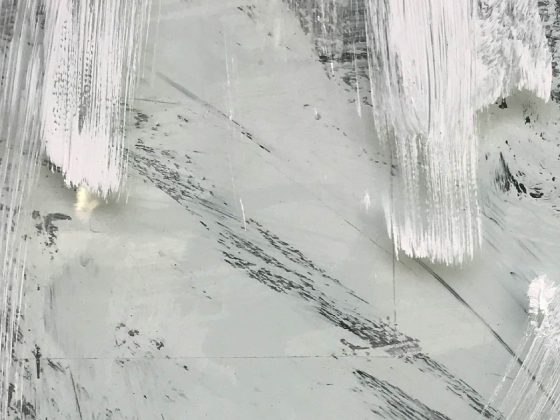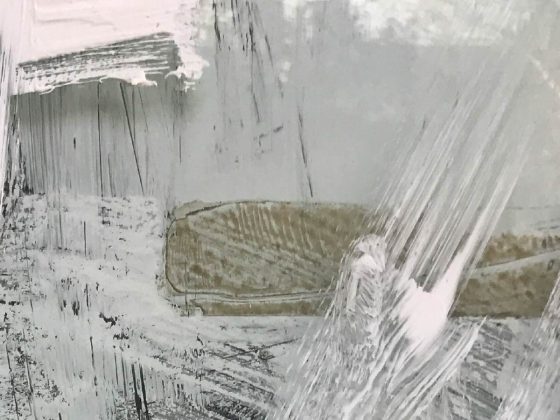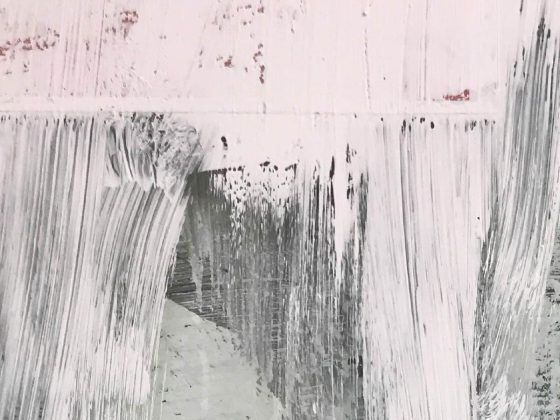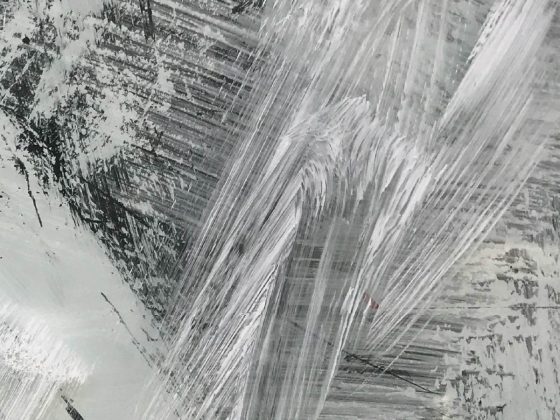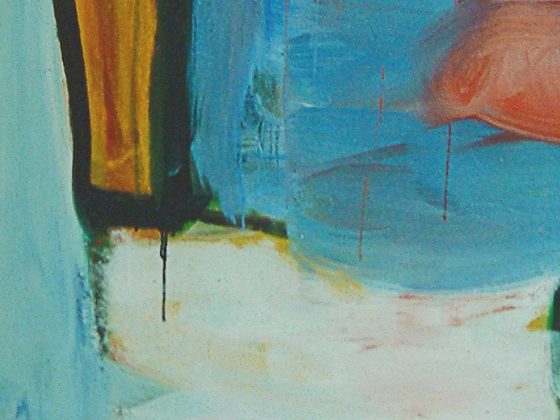Teología y cultura, año 20, vol. 25, número 2 (octubre 2023), pp. 266-280 ISSN 1668-6233
En el presente trabajo vamos a pensar la cuestión de la ancestralidad en dos autores: Quentin Meillassoux y Franz Rosenzweig. En este sentido vamos a tener que analizar también la problemática que nos plantea el realismo especulativo. Es aquí donde se vuelve fundamental el pensamiento de Franz Rosenzweig, quien en su obra cumbre, La estrella de la redención, aborda todos estos problemas. En este sentido proponemos tres tesis: la primera sostiene que dentro de La estrella de la redención el momento de la creación es el momento ancestral del libro. Nuestra segunda tesis supone un primer desacuerdo entre ambos autores: en el segundo libro de La estrella, Rosenzweig apela al correlacionismo. La tercera tesis sostiene que Rosenzweig nos permite pensar de forma optimista el futuro, esto lo hace desde la Redención, mientras que Meillassoux introduce una posición parcialmente pesimista en relación al futuro a partir del principio de irrazón.
Palabras clave: Ancestralidad. Creación. Redención. Revelación. Irrazón.
Abstract: In this paper we will consider the question of ancestry in two authors: Quentin Meillassoux and Franz Rosenzweig. In this respect, we shall also have to analyse the problem posed by speculative realism. It is here that the thought of Franz Rosenzweig becomes fundamental, who in his supreme work, the star of redemption, addresses all these problems. In this sense we propose three theses: the first holds that within the star of redemption the moment of creation is the ancestral moment of the book. Our second thesis assumes a first disagreement between the two authors: in the second book of the star, Rosenzweig appeals to correlationism. The third thesis holds that Rosenzweig allows us to think optimistically about the future, since the Redemption, while Meillassoux introduces a partially pessimistic position regarding the future based on the principle of irrationality.







